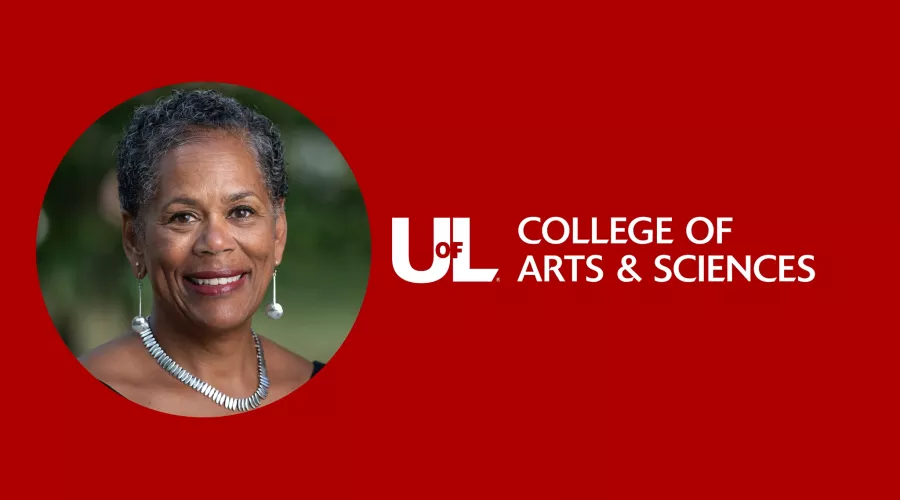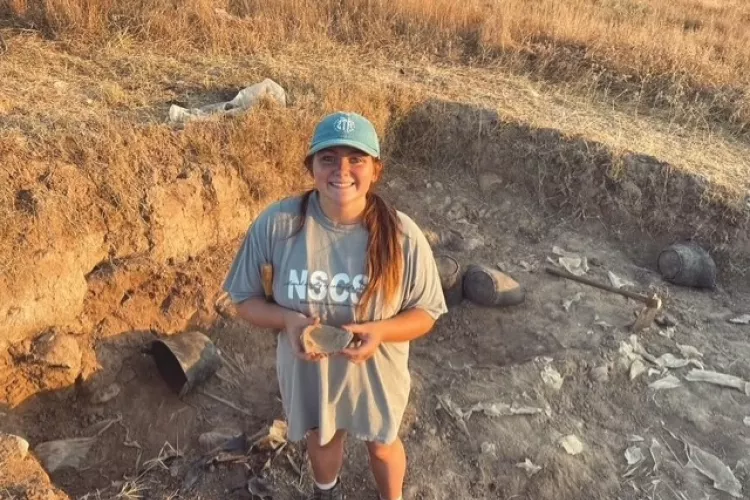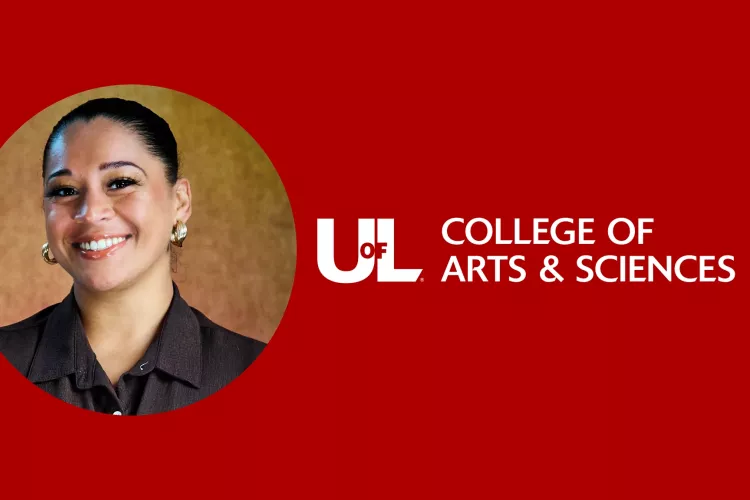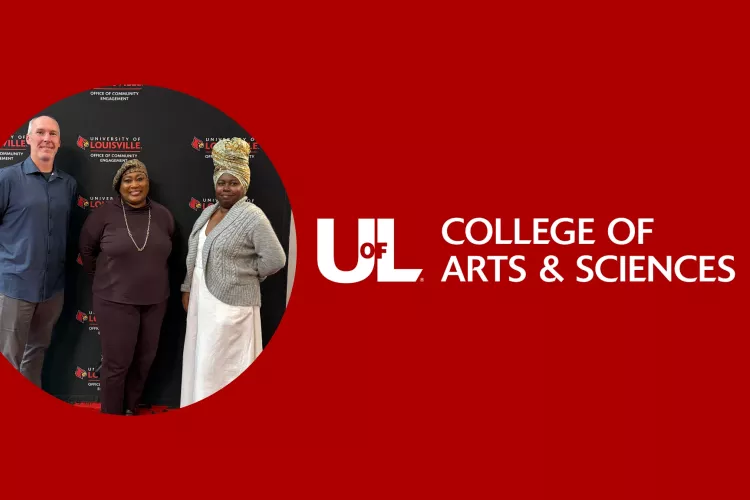Scholar-Activist Dr. Beth E. Richie to Share Reflections on Freedom, Feminism, and Justice at Annual Anne Braden Memorial Lecture
November 3, 2025
The Anne Braden Institute for Social Justice Research is thrilled to announce Dr. Beth E. Richie as its speaker for the 19th Annual Anne Braden Memorial Lecture on Thursday, Nov. 13 at 6 PM.
The event will be held in Middleton Auditorium in Strickler Hall on the Belknap campus. Click here to register to attend.
In addition, a Research Meets Activism breakfast panel will be held at UofL's Center for Archeology and Cultural Heritage (CACHe) on Friday Nov. 14th from 9-11 AM. Register here for the breakfast.
Richie’s extensive research examines how race and gender impact experiences of criminalization and justice, and she has long collaborated closely with communities, impacted individuals, and movements, including as a founding member of INCITE!: Women of Color Against Violence. Richie serves as the University of Illinois at Chicago’s Presidential Humanities and Social Science Chair, and as Distinguished Professor, College of Liberal Arts and Sciences in the Departments of Criminology, Law and Justice, Black Studies and Gender and Women’s Studies.
She is the author / editor of the books Arrested Justice: Black Women, Violence, and America’s Prison Nation; The Long Term: Resisting Life Sentences, Working Toward Freedom, co-edited with teachers from Stateville Prison; and Abolition. Feminism. Now., co-authored with Angela Y. Davis, Gina Dent, and Erica Meiners.
Richie’s lecture topic is “Abolition Feminism and Anti-Racist Praxis: Reflections on Black feminist research, anti-violence activism, and the possibilities of freedom.” The following is a Q&A with Richie ahead of ABI’s upcoming event.
Q: Your upcoming lecture is titled “Abolition Feminism and Anti-Racist Praxis.” For students and alumni who may be hearing these concepts for the first time, how do you define abolition feminism, and why is it such an urgent framework for this moment in history?
A: Briefly speaking, Abolition Feminism is an ideology, a set of political commitments and a way of being in the world that advances strategies that builds a world where people are free to live in safe, joyful, open, productive communities. It demands that we find ways to respond to individual harm and structural oppression simultaneously by looking at root causes of violence and work to both repair and transform conditions that allow for abuse and degradation. Beyond the aspiration and rhetorical goals, abolition feminism points to the ways that we must build systems of accountability, engage in mutual aid activities, and continuously support people who impacted - responding to immediate needs - while at the same time, working for social change at the macro level. It’s a feminist orientation to work, requires anti-racist strategies and challenges other forms of domination, like racial capitalism. And necessitates deep care.
Q: Much of your work bridges scholarship, activism, and community partnerships. What lessons can students take from your career about connecting classroom learning with real-world impact?
A: Some of the most important lessons that I have learned have been delivered to me through my work with people who are incarcerated and who have survived violence in their homes and communities. I try to impart the importance of learning from the those with lived experience - the “real authorities" - to my students. Moreover, an important feminist principle that guides my work is that pursuit of academic knowledge must be in service to social justice work; “when we know, we must act.”
Q: You’ve co-authored and collaborated with renowned scholars and incarcerated individuals alike. How have those collaborations shaped your perspective on justice, and what do you hope our audience will take away about the power of collective knowledge?
A: Collaboration is fundamental to producing liberatory knowledge that is guided by people who are experts on their own lives. The opportunity to work alongside of and learn from people who have experienced/survived carceral violence and people who have dedicated their lives to working for freedom (their own and other peoples) has been a privilege. I could not imagine doing this work alone; I am guided by, sustained by and have accountability to a broad audience and that not only changes what I do, but it changes who I am as a scholar/activist as well as a teacher, parent, neighbor, partner, advocate, etc. It’s more than a way of working, but a way of living for me.
Q: The Anne Braden Memorial Lecture honors the legacy of a lifelong activist committed to racial and social justice. How do you see your work building on or intersecting with Anne Braden’s vision, and what might alumni in particular gain from revisiting her legacy through your lens?
A: I am deeply honored (and humbled) to have been invited to share my work reflecting the legacy of Anne Braden. Her commitment to racial justice, expanding human rights, and peace have obviously influenced generations of activists and scholars, and I am proud that my work is aligned with that legacy. Things have changed and the struggles for justice have taken on different issues as structural oppression moves around, but the core questions about how to engage in freedom dreaming remains constant. In particular, I am raising questions about trans rights as a feminist issue, genocide and famine as an international human rights issue, and mass criminalization as an abolition issue as part of my work as a feminist anti-racist scholar activist.
Q: What do you hope students, alumni, and community members will walk away with after hearing your lecture?
A: My goal is to offer an opportunity for critical reflection on our work for justice and renewed hope in scholar activism at a time when the world seems to be closing in on radical work. I want the audience to feel the weight of urgency while at the same time, inspired to take the long view of our freedom work.
Richie has published extensively in academic and public outlets and has received funding for her research from The Robert Wood Johnson Foundation, The Ford Foundation, and The National Institute for Justice. She has been widely recognized for the impact of her work, including through receipt of the Audre Lorde Legacy Award from the Union Institute, The Advocacy Award from the US Department of Health and Human Services, and The Visionary Award from the Violence Intervention Project.
Related News






